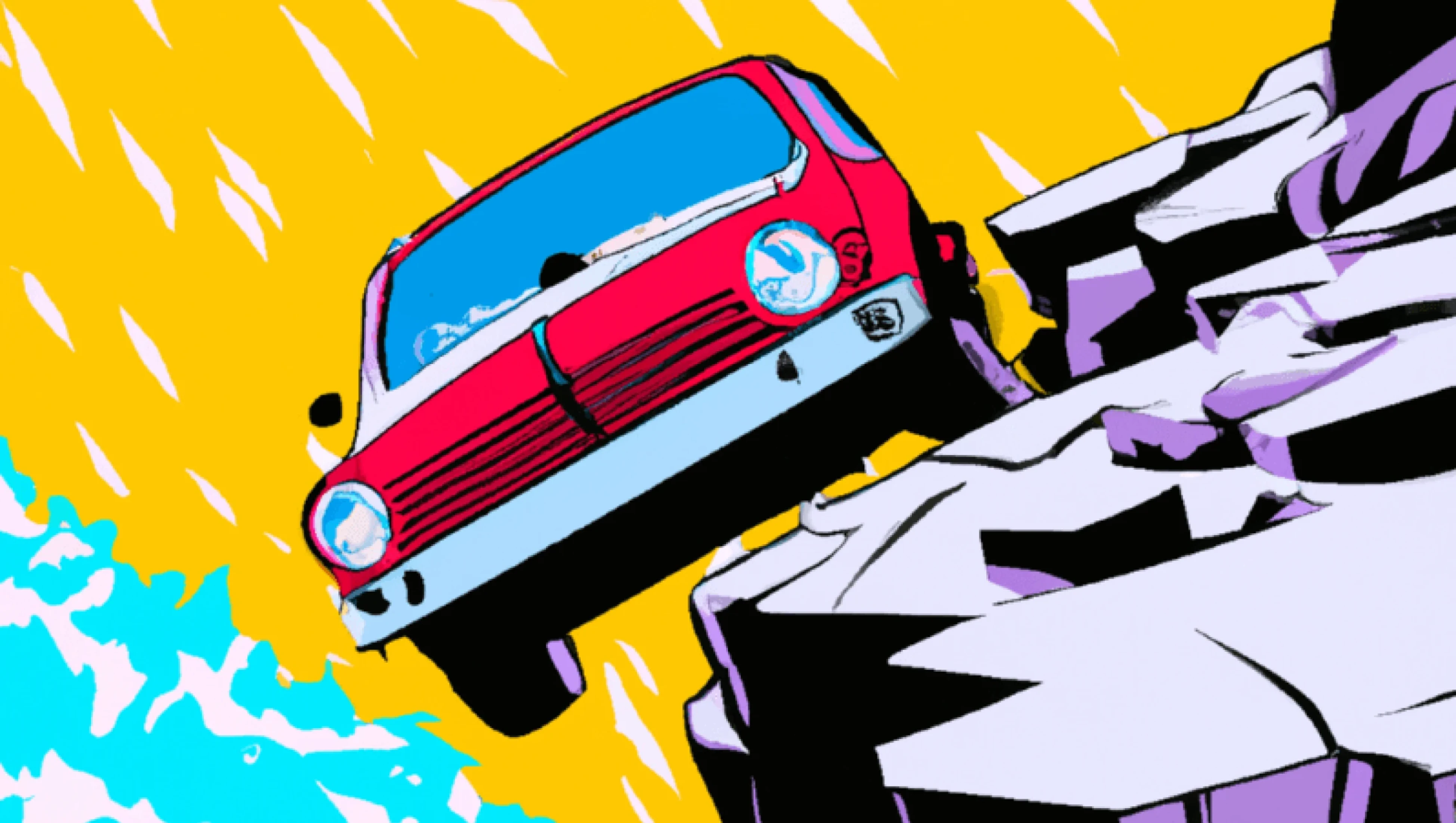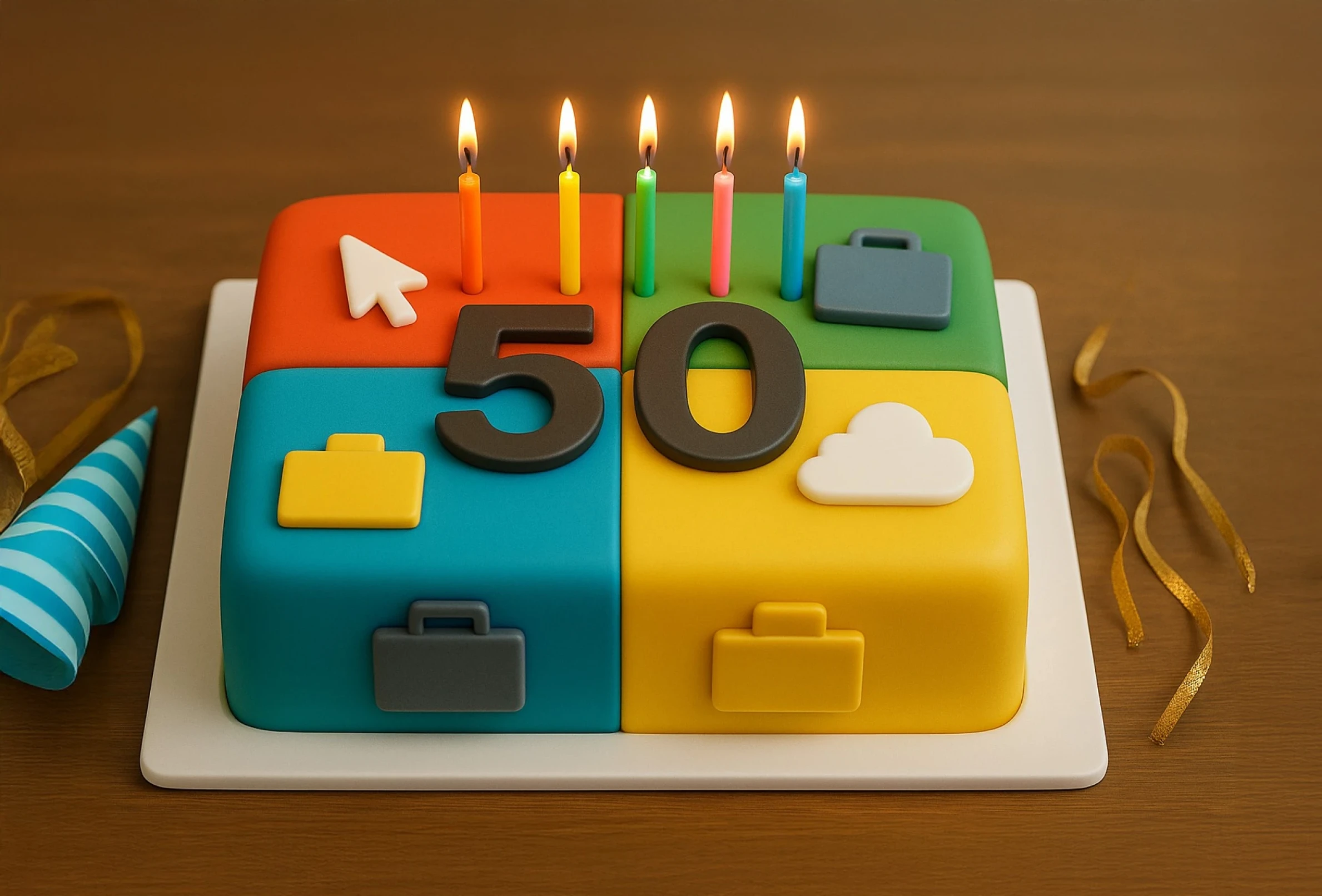
D.R. doesn't stand for 'don't worry, we're prepared.’
We all like an excellent euphemism, don't we? At the heart of it is the ability to distract from the harsh reality of the precise meaning of the words, and I've been particularly captivated by two examples recently.
None of us will likely forget the 'fiscal event' delivered by the 'here today, gone tomorrow' Chancellor of the Exchequer, Kwasi Kwarteng, not too long ago. Although memorable for all the wrong reasons, in and of itself, its euphemistic characteristic has been brought into sharp relief by the almost universal reversal of every ill–conceived announcement made at the time by messers Truss and Kwarteng. But, whatever your political persuasion, this tamely designated fiscal event spooked the markets so badly that the pound sterling fell to a historic low. Now, the country will have to endure higher interest rates much sooner than was necessary before this disaster of a mini-budget.
But I have a cracking euphemism much closer to home. A few weeks ago, I took a phone call from my car dealership informing me, in a rather alarming tone, that my new electric vehicle had been recalled due to a 'thermal event', and that I needed to stop driving it immediately and move it out of the driveway to an isolated position. Within 45 minutes, they had a courtesy car and a low–loader at my front door to take the 'thermally challenged' vehicle away, where it subsequently spent a fortnight quarantined by itself in the middle of nowhere at the back of the dealer's compound until they figured out what to do with it.
I have anonymised details to spare the manufacturer's blushes. Still, given the dramatic sequence of events, it was clear that the manufacturer was terrified the 'thermal event' could have resulted in something much more severe than an unexpected sensation in one's posterior due to a temperamental heated seat. No, they were following emergency procedures designed for disastrous spontaneous combustion.
This brings me to my last euphemistic observation – the abbreviation of Disaster Recovery to D.R. Now, I get the cultural imperative to abbreviate everything these days, but there are times when being a paid–up member of NUAP (No Unnecessary Abbreviations Please – see what I did there?) safeguards something pretty fundamental in its non–abbreviated form. So, whilst a D.R. policy might sit somewhat unobtrusively alongside your Equal Opportunities policy, Whistleblowing policy and the like, helpfully allowing you to confidently declare to the ever–expanding number of compliance bodies, "Oh yes, we have one of those documents", it doesn't quite capture the reality of quite why it is so crucial that you do. Namely, your D.R. plan exists to save your business from a potential disaster!
So, a friendly word of advice. When my colleague Gavin Woods publishes his next blog pleading with you to double down on your I.T. security, please resist the temptation to shrug your shoulders and hope for the best. There is a reason why Nitec has an eight–person, firm, dedicated Managed Security Team, and no amount of watering things down will cut it when your production is down, your network has been breached, or your company's data is circulating the Internet. We have looked into the abyss, and D does mean disaster.





